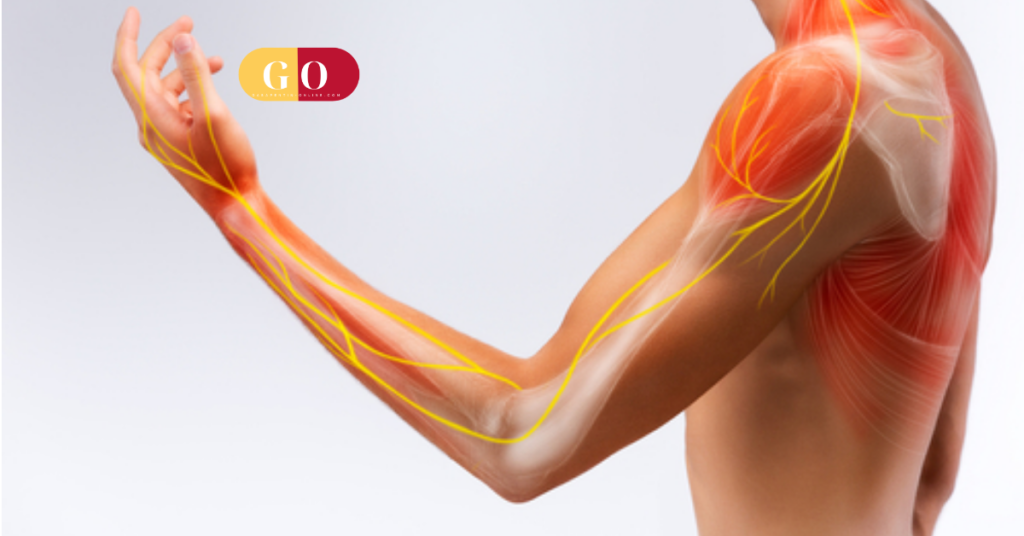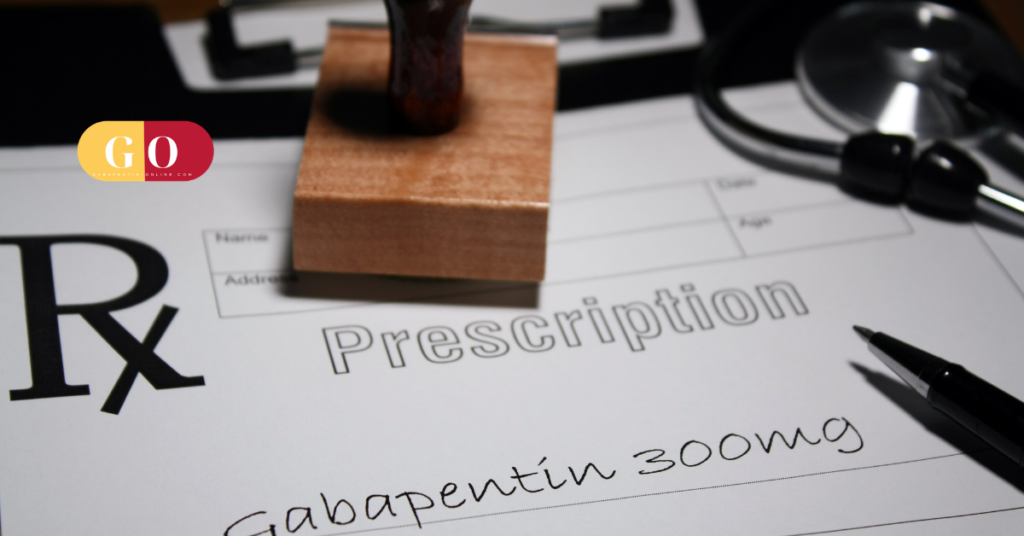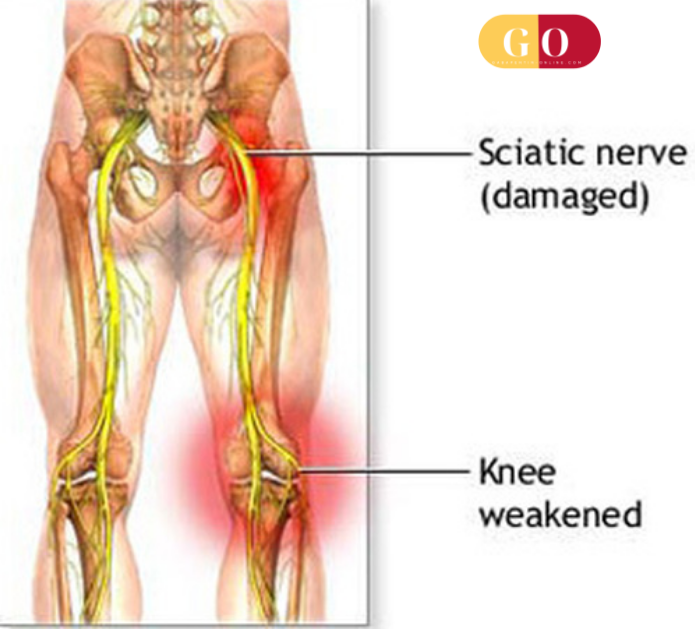Overview:
Gabapentin Addiction: This medicine is sold under the brand name Neurontin, gabapentin is a standard medicine beneficial in treating neuropathic pain, such as overall nerve disease, diabetic disease, and fibromyalgia.
The medication works by influencing the brain neurotransmitters related to nerve pain, which could lead to feelings of relaxation and pleasure.
Taking more of this medication than prescribed to attain this feeling may result in gabapentin misuse and dependence.
While it might not be as prevalent as other drug dependence, a gabapentin use disease is a state that warrants professional therapy.
In the event you or a loved one misuse gabapentin, you probably have lots of unanswered questions regarding the material.
You might be asking yourself, “Is gabapentin addicting?” You might discover the answers to a few of your questions below in the event that you’re worried about gabapentin abuse.
Associates are always available to speak with you regarding gabapentin usage and extend options for addiction therapy if it’s essential for you or a loved one.
Gabapentin Addiction
Can I Take Any Other Medications With Gabapentin?
Gabapentin, also known by its brand name Neurontin, is a medicine that has been used in the United States since the early 1990s. The drug helps manage specific seizure disorders and treat nerve pain.
Some of the most common side effects of gabapentin include drowsiness, fatigue, nausea, headache, and stomach upset.
Gabapentin is a common prescription, and it is commonly utilized in combination with other medications. It is safe to take gabapentin and other medications which have been prescribed or ordered by your physician.
However, it is important to maintain a comprehensive collection of all drugs that you take, such as over-the-counter drugs (OTC) medications, prescriptions, and supplements.
People should review this listing with their healthcare provider occasionally.
Understanding which drugs interact with gabapentin and understanding how to take gabapentin safely will enable you to live a healthy life.
Gabapentin Addiction
Gabapentin With Opioids
Gabapentin is called a central nervous system (CNS) depressant since it slows down some of the works and procedures of the mind. Opioid pain medications are also classified as CNS depressants.
This is very important to keep in mind when adding or removing gabapentin from a drug regimen that includes hydrocodone.
Doing this can help to prevent accidental underdose or overdose of hydrocodone.
Gabapentin Addiction
Some frequent combinations of gabapentin and opioids include:
Accepting gabapentin with OTC drugs for allergy relief and pain relief is usually considered to be safe. However, it’s always important to check with your healthcare provider or pharmacist regarding the particular OTC product. Caution should be taken when using OTC drugs that could increase the nausea side effect of gabapentin.
Some common mixtures of gabapentin and OTC medicines for allergy relief and pain relief include:
Reactions With Antacids
Taking gabapentin and antacids that contain magnesium hydroxide or aluminum hydroxide causes a decline in the concentration of gabapentin in your system.
When taking these antacids, such as Maalox, it is encouraged to take gabapentin at least 2 hours after taking the antacid.
In case you have some questions regarding the interaction between gabapentin and an antacid, talk with your doctor or pharmacist.
Gabapentin Addiction
Gabapentin and Benzodiazepines
Like gabapentin, benzodiazepines are classified as CNS depressants and may intensify the drowsiness and dizziness side effects of gabapentin.
Although it’s generally recommended that this combination is averted, physicians may feel that the combination is necessary for treatment in some patients.
If you choose gabapentin and benzodiazepines, then it is very important to prevent taking different products which can further intensify drowsiness or nausea, for example, alcohol.
In case you have any questions regarding the interaction between gabapentin and benzodiazepines, speak with your physician or pharmacist.
Gabapentin Addiction
Some common combinations of gabapentin and benzodiazepines include:
- Gabapentin and Xanax (alprazolam)
- Gabapentin and Ativan (lorazepam)
- Gabapentin and Klonopin (clonazepam)
Gabapentin Addiction
Anticonvulsants
Because gabapentin may be used to manage certain epilepsy ailments, it’s often prescribed along with other anticonvulsants, such as phenytoin, valproic acid, and phenobarbital.
There are no substantial interactions with these antiepileptic drugs.
Lyrica and gabapentin are not typically suggested to be taken together because they both mimic the effects of the same compound in the brain.
Lyrica is the brand name for the medication pregabalin, and carrying gabapentin with Lyrica is regarded as a duplication of therapy.
Taking gabapentin and Valium (diazepam), a benzodiazepine may be necessary for managing seizure disorders in certain patients.
If you are taking these medications together, talk with your healthcare provider or pharmacist regarding the probable dangers and side effects associated with this particular combination.
Gabapentin Addiction
Other Interactions With Gabapentin
Gabapentin is normally considered safe to carry with most drugs. However, if you have any queries concerning the medications that you’re taking along with the unwanted side effects of mixing those medications, talk with your physician or pharmacist.
Some common combinations of gabapentin with other medicines include:
- Cymbalta and gabapentin: Cymbalta is the brand name for duloxetine and is commonly utilized in the management of depression.
- Gabapentin and Suboxone: Suboxone is a mixture of buprenorphine and naloxone and is used in the management of opioid dependence.
Gabapentin Addiction
Common Side Effects of Gabapentin
Gabapentin’s side effects may vary for each individual. A doctor can help you weigh the risks and benefits of gabapentin use you. Some of the Frequent side effects are:
- Drowsiness
- Headache
- Dizziness
- Vision trouble
- Stress
- Nausea
- Vomiting
- Diarrhea
- Dry mouth
- Constipation
- Weight gain
A number of the acute side effects include trouble breathing and allergies.
People who begin to use gabapentin should pay attention to shifts in mood or emotions. By way of example, a person who experiences increased anxiety, anger, or anxiety attacks should contact a doctor straight away.
Gabapentin Addiction
Gabapentin can possibly cause suicidal thoughts:
It’s essential to talk about your full medical history with a doctor before using gabapentin. You should also let your doctor know of some other substances being used frequently, like alcohol, drugs, vitamins, or herbal supplements.
Gabapentin can interact with certain types of substances and cause unwanted side effects. For instance, mixing alcohol and gabapentin can cause individuals to feel tired or dizzy.
Despite the risk of negative effects of using gabapentin, it can be more dangerous to stop using it.
Gabapentin usage can cause physical dependency. So, if you stop using it you might go through withdrawal.
Gabapentin Addiction
Signs of Gabapentin Addiction:
Gabapentin overuse can have the following effects:
- Drowsiness
- Problems with coordination
- Tremors
- Dizziness
- Depression
- Suicidal thoughts/behaviors
- Modifications in mood
- Dizziness
- Poor coordination
- Forgetfulness
- Anxiety
- It is difficult to speak
- Inability to feel pleasure
These symptoms should be recognized and monitored for any other warning signs, such as excessive pill bottles. Or if you feel about Gabapentin Addiction call 911.
These can have a negative impact on one’s safety, health, livelihood, or overall safety.
Gabapentin Addiction
Dangers of Sudden Gabapentin Withdrawal
When there are serious side effects of using gabapentin, they are infrequent. More frequent would be the withdrawal symptoms that appear whenever someone stops taking it suddenly.
Due to that risk, nobody should stop taking the drug without a doctor’s approval. The condition involves seizures occurring one after another. The condition is a health crisis, as it could be deadly.
Other withdrawal symptoms include nervousness, sleep difficulties, pain, perspiration, and nausea. To avoid these symptoms, a doctor will usually instruct an individual to taper their gabapentin dosage.
It is possible to overdose on gabapentin, so it’s important that individuals follow a physician’s orders to remain safe.
Call 911. Otherwise, call a poison control center immediately. US residents can call their local poison control center at 1-800-222-1222. Canadian residents can call a provincial poison control center.
Gabapentin Addiction
Gabapentin overnight delivery cod:
Yes, you can go for Gabapentin overnight delivery cod in the US with no prescription as well, you just need to fill out the checkout form and place your order, and can get your delivery at your doorsteps.
If you need to know more information about related topics:
- Gabapentin overnight delivery cod
- Gabapentin Online
- Gabapentin Capsules
- Gabapentin Street Value
- Gabapentin 800 Mg
- Gabapentin 300 Mg
- Gabapentin Online Pharmacy
You can visit our website – reffilurmeds.com
Gabapentin Addiction
Ask your friends and loved ones for support.
If you’re feeling anxious or depressed, consider joining a support group or seeking counseling.
Believe in your ability to take control of the pain…
Hope you find this article helpful enough to give motivation. Kindly read our more articles and subscribe to us for staying updated on our all-new articles.
You can also read more health-related articles by subscribing and liking us on Facebook and Instagram. Feel Free to leave comments below for any suggestions or your views on it.





